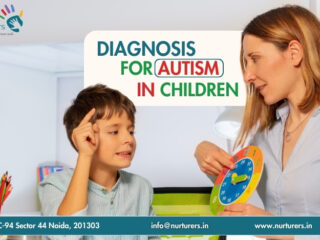Child Therapy Centre in Noida
Every child is unique, and so are their needs. Some children may face challenges in communication, emotional regulation, or social interactions. Child therapy helps address these concerns through structured interventions that nurture their emotional, cognitive, and social development. If you’re looking for a Child Therapy Centre in Noida, Nurturers provides a comprehensive range of therapies…









